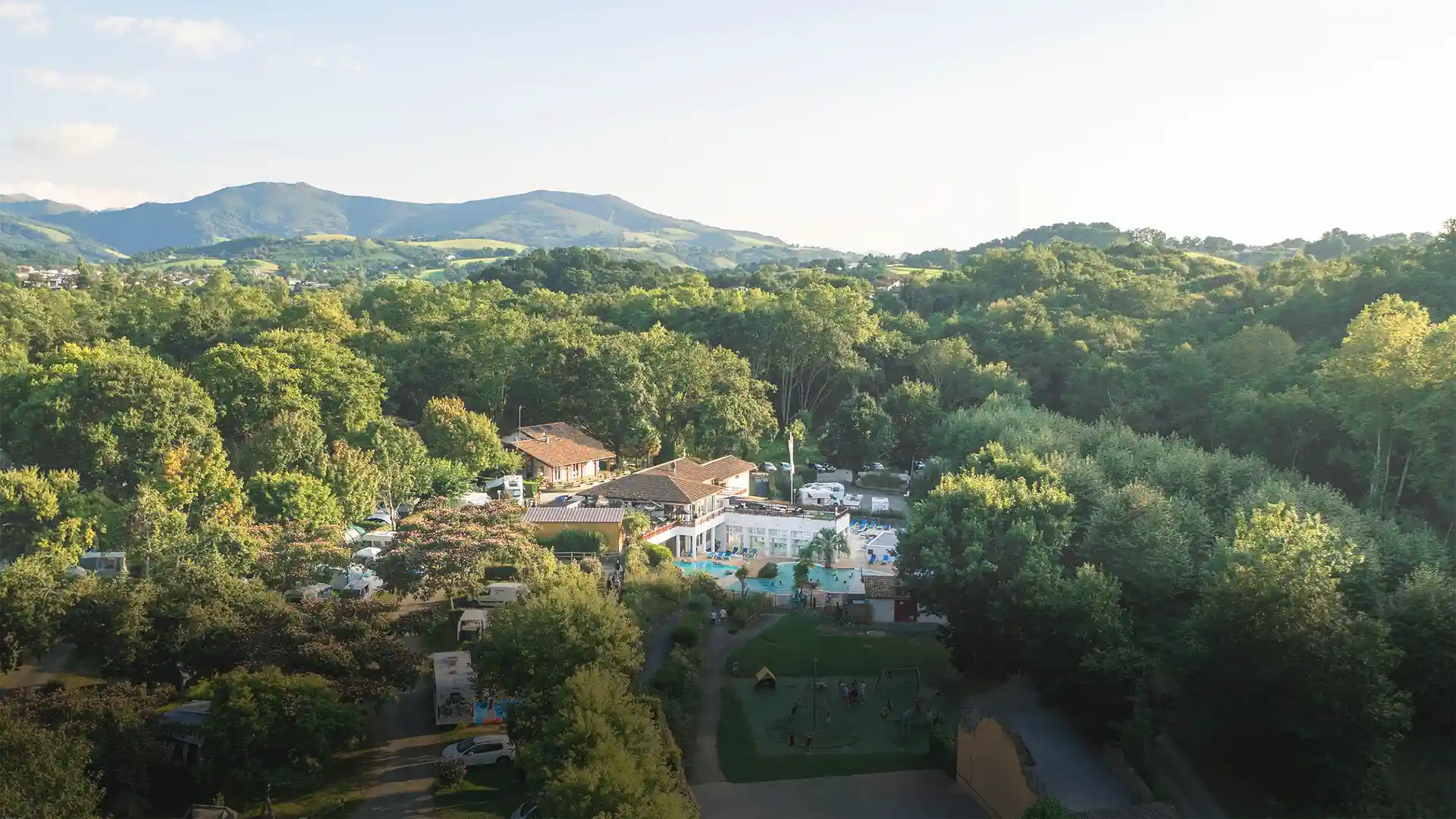All you need to know about Basque force games
Whoever said “strong as a Turk” certainly doesn’t know the Basques! Because Basques are strong, very strong indeed. They’ve invented a sporting discipline that puts muscles to the test: Basque strength games.

Basque showdowns, a whole program
Traditions dating back several centuries, Basque games of strength used to enable young villagers to challenge each other in events inspired by agricultural work. Recognized as a part of humanity’s intangible cultural heritage, the traditional Basque games have become a genuine sporting competition, and today include several events that call for pure physical strength, but also endurance, skill and team spirit.
During village festivals, Basque strength games competitions attract many spectators, holidaymakers and locals alike. Here are the most popular Basque strength games to try out on your camping vacation in the Basque Country. Let’s get those muscles pumping!
Tug-of-war (Soka tira)
The ultimate in traditional Basque games, tug-of-war pits two teams of 8 people (often from two villages) against each other, pulling on a rope in an attempt to make the opponent cross the line or fall. This event takes place over 2 winning rounds. The sport even became an Olympic discipline in the early 20th century.
Milk can race (Txinga erematea)
The Milk Can Race involves carrying two 40kg milk cans at arm’s length over the greatest possible distance. The winner of the event is the participant who covers the greatest distance without putting down the cans.
The woodcutter’s game (Aizkolari Tza)
This contest between lumberjacks goes back a long way. Players scramble to cut tree trunks as quickly as possible with an axe. With nearly 2,000 strokes per hour for the top competitors, it’s a wild ride! Speed, endurance and stamina are the watchwords of this discipline.
Sawing wood (Arpana)
It’s a challenge of physical strength, coordination and speed. Two teams of two have to saw a beech trunk into ten slices, as quickly as possible, using a long saw about 2 meters long.
Le lever de charrette (Orga joko)
This event is all about physical strength and endurance. The aim of the game is to lift a 360 kg cart on a drawbar from the rear and rotate it around the axis of the drawbar without putting it down.
Stone rising (Harrijasotzea)
The stone lifter has to lift various stones weighing between 100 and 200 kg up to his shoulder, the maximum number of times. Since 1999, Basque competitor Iñaki Perurena has held the record for 1,000 lifts of a 100 kg stone without interruption, in 5 hours and 4 minutes.
Anvil lifting (Ingudea)
The athlete has to lift an 18 kg anvil as many times as possible in a limited time. The record is held by José Lapazaran with 100 lifts in 1 minute and 30 seconds. It’s better to have strong backs and thighs of steel!
Straw bale toss (Lasto botatze)
The straw bale toss consists of throwing a 12-13 kg straw bale with a fork as high as possible over a horizontal bar. Another variant (lasto altxatzea) involves hoisting a 45kg bale of straw with a pulley as many times as possible in two minutes.
The sack race (Zakulariak)
The player must cover 120 m with an 80 kg bag of wheat or corn on his shoulders. The winner is the zakulari who finishes the course fastest. It’s an individual or relay race.
Read also: Do you know how to play Basque Pelota ?
photo@Pierre-Alex


